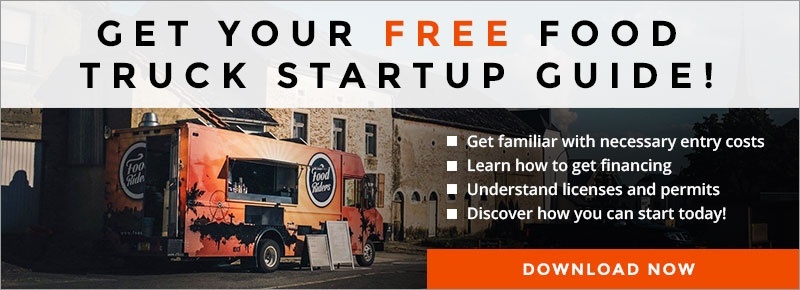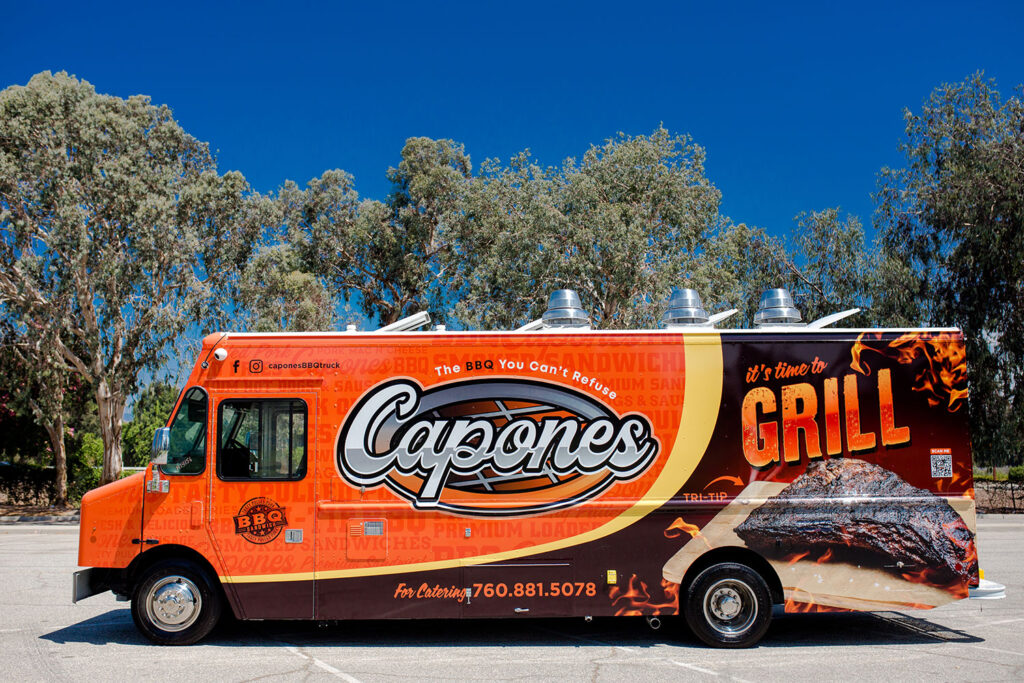Food trucks are profitable businesses. The average food truck makes about $300,000 annually, making this an exciting business venture for chefs, creatives, and entrepreneurs alike. But just like any other business, food trucks come with their fair share of operating expenses.
Some operating expenses – like inventory and payroll – are easy to prepare for. But if this is your first food truck business, you may be caught off guard by some unexpected food truck expenses:
4 Unexpected Food Truck Expenses To Account For
Before you get ahead of yourself and start planning your menu, consider these unexpected food truck expenses:
1. Commissary Fees
Food trucks operate on public roads and need to be regularly maintained to ensure the safety of both customers and staff. Cities, states, and municipalities impose requirements for food trucks to operate safely, including access to a licensed commissary and regular health department inspections.
A commissary is a kitchen facility where food truck owners can prepare and store ingredients, dispose of wastewater, and restock their supplies. Commissaries also offer overnight parking, additional storage space, and the use of shared equipment.
Parking your food truck at home is not an option for food truck owners in many cities. As such, you’ll need to factor monthly commissary fees into your budget. The range is $1200-1800 per month, depending on your local area.
2. Parking Permits
You drop off and pick up your food truck at the commissary, but you’ll also need to park it at various locations during the day. Depending on the city or state, this could mean purchasing a parking permit.
The cost of a parking permit can vary significantly between cities and states. To get an idea of what you’ll need to pay in your local area, contact your municipality to inquire about the cost of a food truck parking permit.
It will cost you more if you fail to secure a permit, as some cities issue hefty fines for parking violations.
3. Unlimited Gas and Electricity
You’ll need electricity to keep your food truck running throughout the day, especially for cooking and keeping food warm. You also need gas to fuel your vehicle and get you from one location to the next.
Unlimited access to both electricity and gas is essential for any successful food truck business. Cooking and heating energy is particularly expensive, and these costs can mean the difference between success and failure.
The cost of electricity will depend on your local area, but you can usually expect to pay around $250-350 per month for gas.
4. Licenses and Permits
Handling food and selling it to the masses is always a public health concern. The best way for cities and states to contain this public concern is by requiring food truck owners to obtain the appropriate licenses and permits.
The cost of these varies, so it’s important to contact your local health department to find out what you need. Most licenses require specialized insurance and inspections, so you’ll need to factor these costs into your budget.
You also may need additional permits or special insurance if you plan on serving alcohol.
Get Your Food Truck Started Today
Food truck expenses go over and beyond the cost of the vehicle itself. Anticipating the above expenses will enable you to plan and manage your budget more effectively. Keep in mind that the costs mentioned here are just estimates, and many other unexpected food truck expenses may arise.
With Legion Food Trucks, you don’t have to worry about navigating the complexities of starting a food truck business. We will provide you with all the guidance and resources needed to make this journey a success.
Contact us today for more information about our food truck services and packages.








